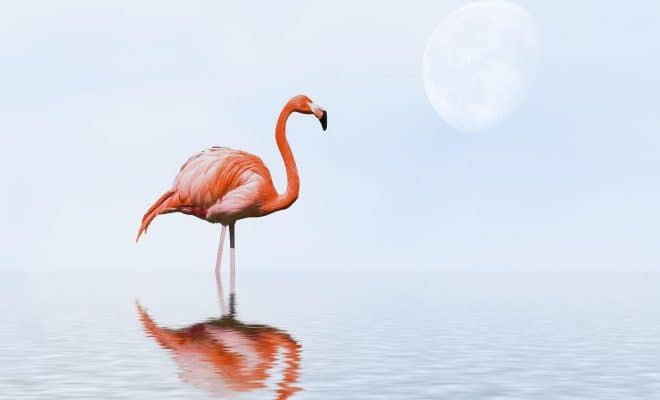The Importance of Creativity

Many of us were encouraged to have fun and explore our imaginations in our early years. We scribbled, finger-painted, and sculpted Play-Doh. Our imaginative powers were used to construct make-believe worlds only we could see. However, fine arts and music were often considered extracurricular activities during school. But a lifelong pursuit of artistic endeavors is important to our overall well-being. In children, creative activities contribute to brain development. In adults, personal expression has the potential to combat depression and other mental health issues, too.
We need diverse approaches to convey ourselves. Having an activity to funnel emotions that are difficult to talk about otherwise is ideal. This doesn’t mean we all should pursue artistic professions and seek a spotlight for attention. Creativity is a constructive reaction to society, the world, and life’s events. If we can’t verbalize an experience that’s happened to us, we can communicate it through a song, drawing, or poem. Even the attempt is worthwhile.
My Journey
As a child, my mother motivated me to be artistic, and I will always be grateful for it, especially in recent times. When I was eight years old, she enrolled me in private art classes for adolescents with her teacher, Philadelphia artist Ann Balbernie. Looking back, she was one of the most impactful individuals in my life. Not only did she teach me how to use different mediums, but she remained active in her own inventive pursuits until she passed away at 89.
On Saturday mornings, we drew elaborate still-life arrangements in her living room-turned-classroom. She also took us on weekend trips to the historic streets of Philadelphia, its iconic train station, the zoo, and the Jersey shore in the off-season. In recalling her classes, her main teaching was about learning to interpret our surroundings, to create something unique, and show how we perceived them.
At around the same age, I turned into a big reader, and it ignited my love for storytelling. In school, I was given positive feedback, which became a subject I had confidence in. For that reason, I pursued an English degree in college. However, although I loved my classes, I needed direction, and it took me years to return to the craft. After graduation, I attempted to pursue my passion for writing, but work and family hindered my progress. I penned about one story a year, but when I received any comments on my drafts, there seemed to be a long road to progress and completion.
Creative Lifesavers
My love for visual arts and creative writing turned into mental buoys for me, starting with the pandemic and soon after becoming an empty nester. This is when I understood the importance of creativity. When the global health crisis occurred, I began a gratitude journal, which led to being grateful for the gift of time. Like many office workers, I dealt with long, tiring commutes. Working from home, I slept longer and finished the work day earlier without a lengthy drive. Having longer days and energy was a new experience. My mind was open to ideas.
A turning point for me came during one of my daily walks, which I began back in 2020. For the first time in a long while, I had an idea for a story and wrote a quick first draft. That initial idea has morphed into the Spirit Falls short story collection, which is a work in progress. I also returned to art and drew a series of children’s illustrations. Feeling creative and inspired instilled hope in me during an uncertain period that has lingered as life’s smaller challenges also spring up.
I’ve enjoyed my free time more since working from home these past four years. I’ve moved past the basics of working, preparing dinner, then calling it a day. Now that my kids are grown, I’m not worried about being alone. I have personal projects to anticipate (if I don’t talk myself out of them). Creative interests have enriched my life and could enrich everyone in an ideal world. In an era when we spend hours falling down digital rabbit holes, discovering artistic expression is a much healthier alternative. Anecdotally, many did just that, but I would encourage them to continue. Because in difficult times, whether external or within our own lives, innovation may serve as a lifeline. It gives me something to anticipate other than the day’s expectations. It also supplies us with meaning and purpose. We can be proud of our pursuits, like when we said, “Look what I made” as children.
Editor: Lucy Cafiero






